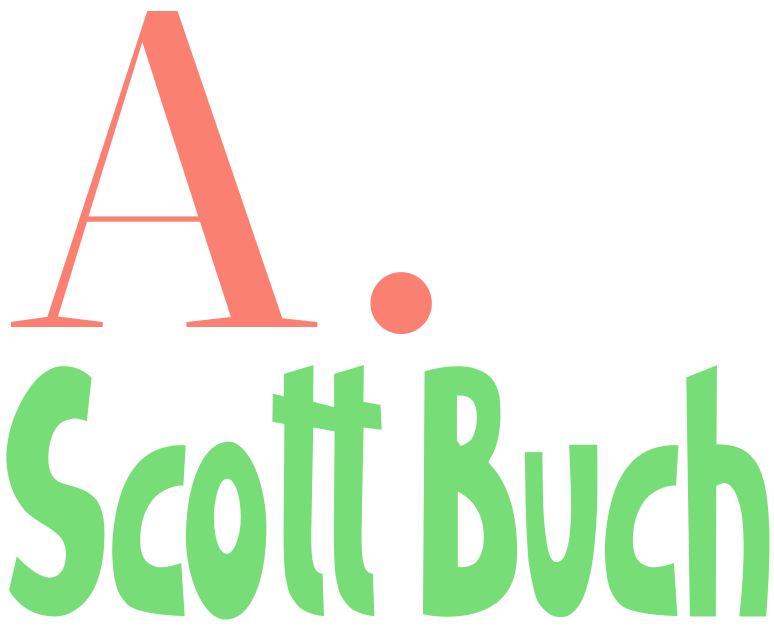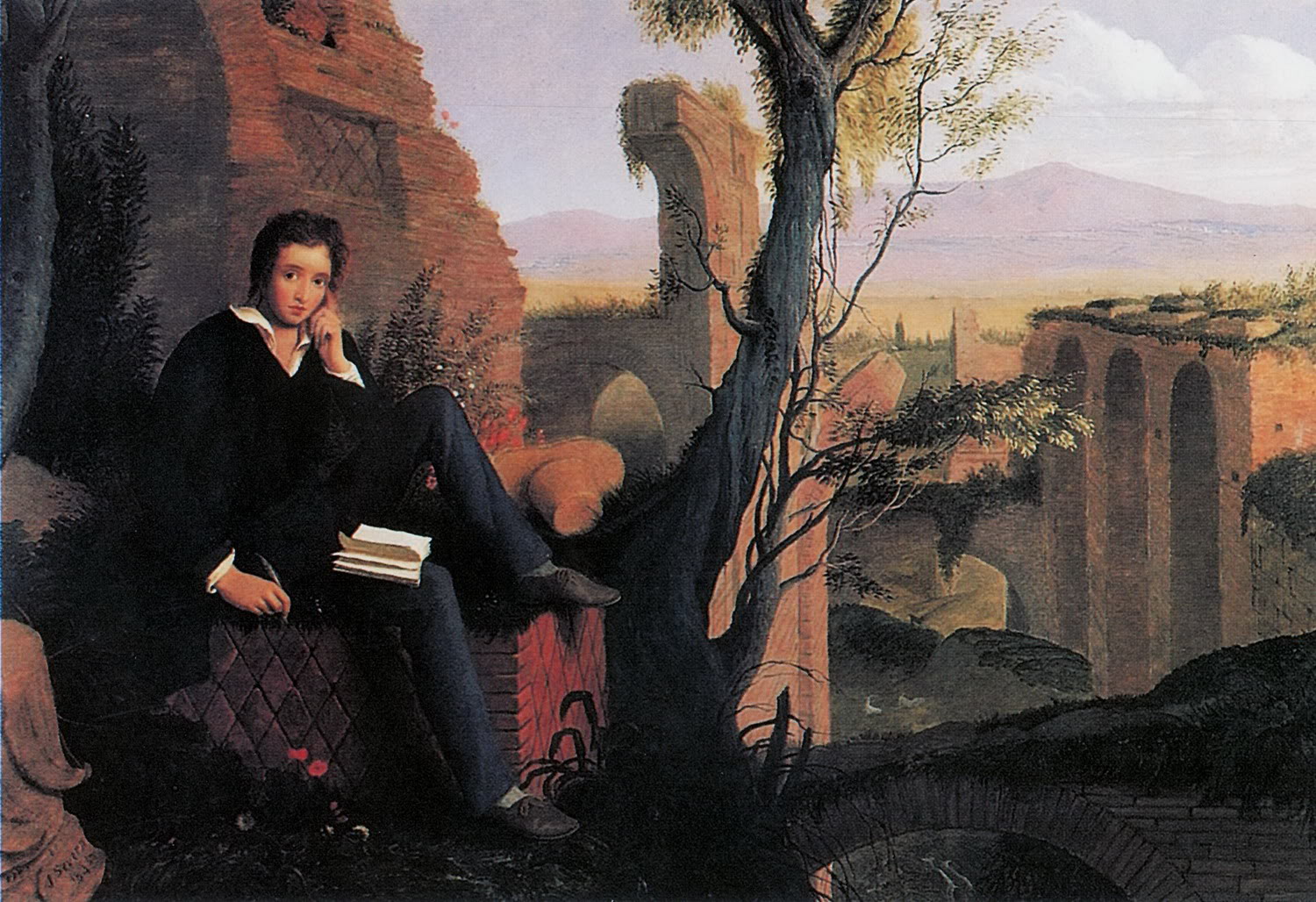
Mr. Wang
A literary novel that uses a conceit of mock espionage to make social, political and cultural critiques of contemporary society.
A novel that also locates the difference between art and propaganda somewhere near that of journalism and espionage.
Set a decade ago, in another cycle of a crisis of capitalism, when WikiLeaks was making headlines, and eventually there would be the Snowden revelations. It is an established niche for foreigners whose lives are looking increasingly precarious in their home countries to look for career opportunities abroad. In the specter of China’s rise, a pathological paranoia in the atmosphere as the American Empire is beginning to fall, there is a shady English training school in riverside Sichuan whose underlying corruption is starting to show.
Baijiu is the most consumed spirit in the world, and a source of inspiration for the wild poet whose alienating ESL gig also makes it a source of constant misery. While most with better options would quit the dishonest institution, his very unmarketable past and deep attachment to a troubled local teacher complicates where he’s going. He ends up embroiled in a fraught labor conflict with the school. The ensuing struggle occurs in tandem with a crash course in duplicity from hiding his radical leanings and protecting the beautiful and erudite teacher with whom he’s having an affair. Mr. Wang is what his drinking buddies call him in jest, but becomes a symbol of the personas we adopt, especially when becoming authors of novels based on a true story. [More of the concept of the novel is elaborated on here.]

